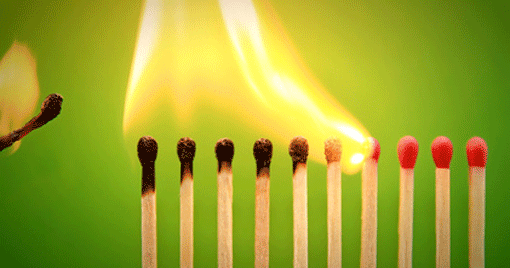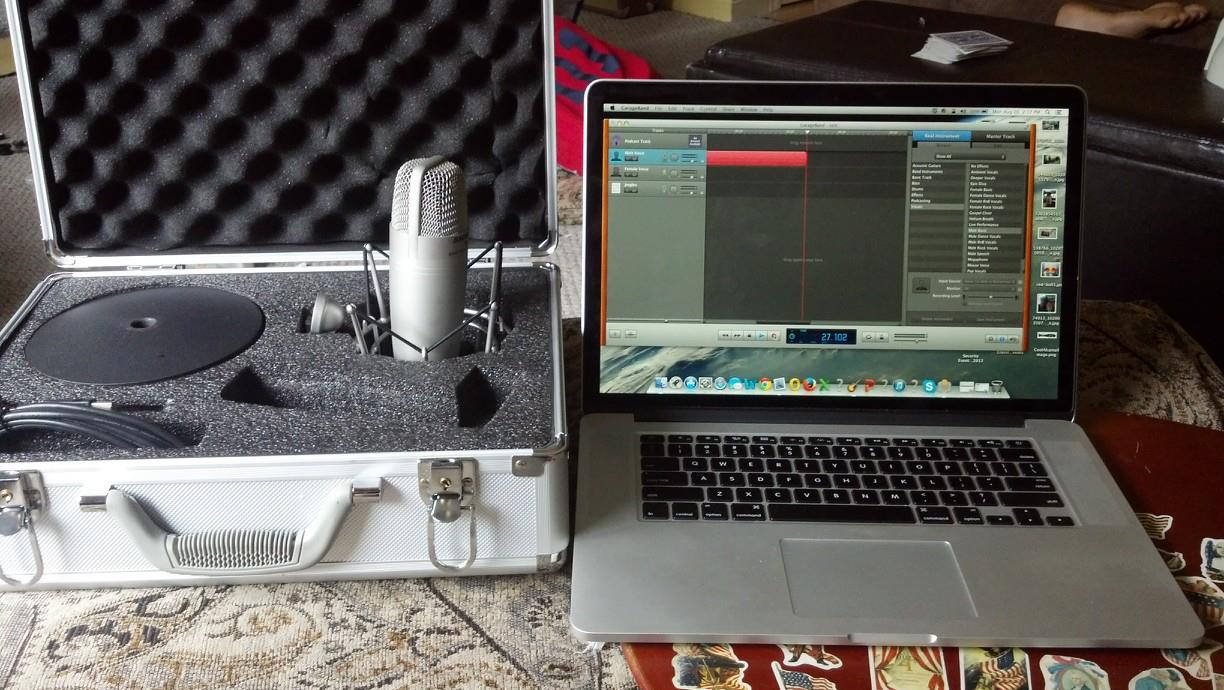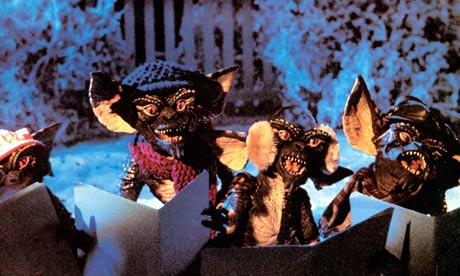An old friend from the Point of Pines, Revere, sent me a note some time ago. He came across my post on Zane Mead and another on the Bridge Rats gang. For him, they brought up more memories of kids from the neighborhood who died young.
Mood music:
http://youtu.be/jX-yuZFVm34
I’ll keep his name and certain details out to protect his privacy, but here’s some of what he wrote to me:
I came across your piece in your OCD Diaries about Zane Mead. It stirred up some old memories of growing up. I was actually friends with Zane until I left for the military in 1985. He was a sweet kid with a good heart most of the time. Occasionally he would be angry and self destructive. This was usually followed by an attempted suicide.
I had many talks with him about it. he never would say what was eating at him. Not sure why but I don’t think it was an issue at home. I feel like it was a personal daemon. As you stated, our life’s experiences at the time didn’t give us the ability to see the problem no less the wisdom to offer any real help. I often wonder if there was something more I could have done.
It seemed that I lost a lot of friends over the five years I was gone.
We lost your brother, Scott James, Mike McDonald. Kenny Page. It’s like we lost a generation. For years I thought I was a under achiever in my life. The more time moves on I think we may be lucky for just getting out of the city. Revere was just eating people up back then. Probably still is.
I also read you piece on bullies where you mention the Bridge Rats. I’m sincerely sorry for any part I may have caused in your distress.
Thanks for the memories. Good, Bad and Ugly. I guess they make us who we are.
Indeed they do, my friend.
I had forgotten about Mike McDonald and Kenny Page. As a teen I was so self-absorbed over my brother’s death that I didn’t realize how much loss our generation was suffering. After reading my friend’s note, I thought hard about his points about Revere eating people up. Was there some kind of curse hanging over the city in the 1980s? Were all my adolescent traumas part of that curse? Was my brother’s death and Sean Marley’s death part of it?
If you asked me that about six years ago, I’d have bought the theory straight away. Today I tend to doubt it.
It was a sad and unfortunate period, but it wasn’t a curse. We all had our share of childhood happiness in Revere in between the bad stuff. And I know now what I didn’t get back then: That we weren’t meant to live soft lives devoid of pain and struggle. These things are tossed in our path to mold us into what we can only hope to be: good people. It doesn’t always work out that way, of course. But let’s face it: Has life ever been fair?
As for the Bridge Rats, my memories are fond ones.
The last post I wrote about this gang suggested they were a band of bullies. But if you read all the way through the post, you’ll see some nostalgic warmth in my memories. As I’ve said many times, I was a punk like everyone else. I got picked on, but I did my share of picking on other people. For the most part, the Bridge Rats were a collection of pretty good kids. Some grew into happy, productive lives. Some didn’t.
That’s life.
I recently wrote about the time the Brenners nearly left Revere. There’s no question that for a time, I hated that city and would have done anything to get out.
But I stayed, and good things happened in the years that followed. A lot of good things. Precious, joyful things. I look at my kid sister Shira and the amazing, beautiful woman she is today. Would she have been that way if not for the Revere in her? Perhaps. But living there certainly didn’t damage her.
I’ve said before that Revere is where I survived and my current city of Haverhill is where I healed. That was and still is the truth.
But make no mistake about it: Revere helped make me who I am today.
And I’ll admit it: I like who I am today.


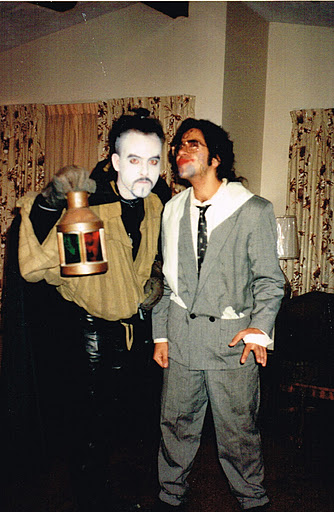 Sean Marley and me, Halloween 1990.
Sean Marley and me, Halloween 1990. This book gets into the train wreck that was the DeFeo family. They were outwardly religious and close-knit. But the father was a rage-a-holic who apparently yelled a lot and beat his wife and kids, especially his oldest son Butch, who is now rotting in jail for the murders.
This book gets into the train wreck that was the DeFeo family. They were outwardly religious and close-knit. But the father was a rage-a-holic who apparently yelled a lot and beat his wife and kids, especially his oldest son Butch, who is now rotting in jail for the murders. It’s the whole cause-and-effect thing that keeps my obsession going.
It’s the whole cause-and-effect thing that keeps my obsession going.











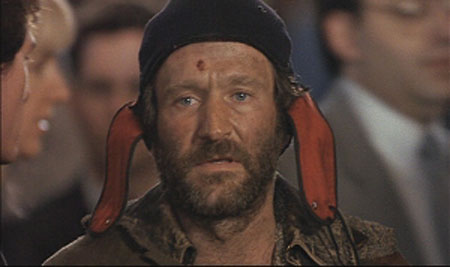 Robin Williams in The Fisher King, one of my favorites among his movies.
Robin Williams in The Fisher King, one of my favorites among his movies.